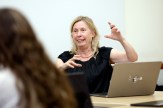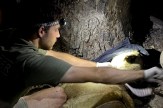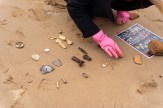Biden’s options with Cuba are constrained by Trump’s sanctions
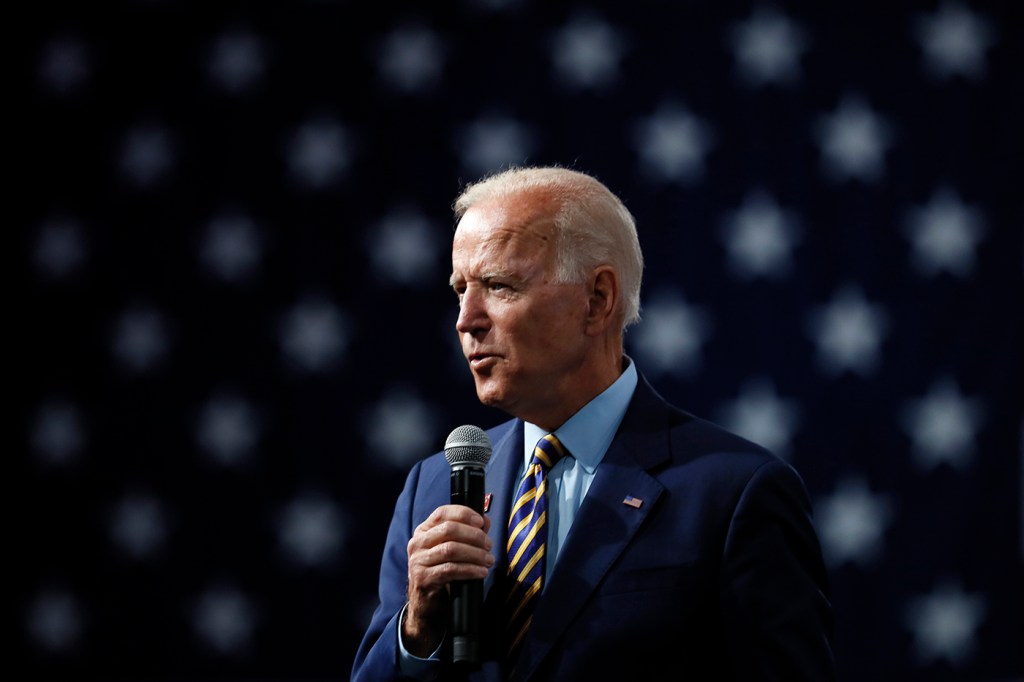
The Trump administration’s decision to label Cuba a terrorist nation will complicate President Joe Biden’s ambitions to re-establish ties with Havana, Northeastern professors say. But they add that, even if commercial activity with the Communist country remains halted, Biden has some options for resetting Cuban-American relations.
Nine days before former President Donald Trump left office, his secretary of state, Mike Pompeo, announced he was returning Cuba to the U.S. list of state sponsors of terrorism, citing its hosting of 10 Colombian rebel leaders, along with a handful of American fugitives wanted for crimes committed in the 1970s.
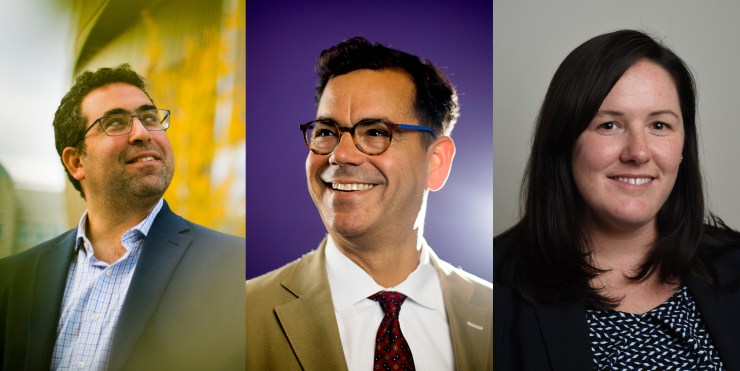
Left, Max Abrahms, associate professor of political science. Center, José Buscaglia, professor of cultures, societies and global studies. Right, Julie Garey, an assistant teaching professor of political science. Photos by Matthew Modoono/Northeastern University
The parting maneuver was one of a series of actions against Cuba that included tightening restrictions on U.S. travel and remittances and imposing sanctions on shipments of Venezuelan oil to the island.
The terrorist designation effectively handcuffed whatever plans Biden had to normalize relations with Havana and will take a long time to unwind, says José Buscaglia, professor of cultures, societies, and global studies at Northeastern.
Reversing the designation is a formal process requiring Congressional approval, Buscaglia says, and Biden would have to show lawmakers that Cuba hasn’t provided support for terrorist acts in the preceding six months, nor will it in the future.
“This is a complicated thing, it takes time,” he says, pointing to the 33 years that passed between 1982, when the Reagan administration designated Cuba a terrorist nation, and 2015, when President Barack Obama restored diplomatic relations.
On the campaign trail, Biden talked of an open approach to relations with Cuba, similar to the policies in place during the Obama administration. During a White House briefing on Jan. 28, press secretary Jen Psaki said the Biden administration will be reviewing the Trump administration’s Cuba policies.
Biden could use executive authority to lessen some restrictions on the flow of people, goods, and money sent from private citizens living in the United States, but large-scale commercial activity will remain banned, says Julie Garey, an assistant teaching professor of political science who specializes in international relations and U.S. foreign policy.
“President Biden will need support from Congress, either explicitly through legislation to remove the [terrorist] designation and normalize, or implicitly if he notifies his intentions to remove [the designation] and Congress does not block the efforts,” she says.
The State Department’s terrorism list, which includes North Korea, Iran, and Syria, has never accurately reflected the international terrorism landscape, says Max Abrahms, an associate professor of political science and an expert in international security. He argues that countries such as Saudi Arabia and Qatar should be added to the list before Cuba.
Buscaglia adds that the Trump administration’s move was perplexing given Havana’s history of helping the United States combat terrorism. But he says the move could be popular with the influential Cuban-American community in Florida, which could help with Pompeo’s rumored presidential ambitions.
“No Republican can win Florida without the support of the Cuban-American far right,” he says.
With strong backing from that bloc, Trump won the state’s 29 electoral votes in 2020.
Decades of U.S. sanctions have taken their toll on Cuba, and the pandemic has contributed to the island nation’s challenges. Cuba’s economy shrank 11 percent in 2020, Cuban Economy Minister Alejandro Gil told parliament, according to news reports. It would take two years for the state-run economy to recover from the sharp contraction, he added.
“Cuba lives under a siege mentality in a continuous state of crisis,” says Northeastern’s Buscaglia. Exacerbating the nation’s challenges, he says, is the valuation of the Cuban peso, which has led to high inflation. Much of the food that Cubans eat comes from the United States, but it has to be purchased in dollars and in cash because of U.S. restrictions, Buscaglia points out.
“They’re getting to the point where it’s really as bad as it was after the fall of the Soviet Union,” he adds.
From a national security perspective, Cuba gets special attention from the U.S. due to its proximity, says Garey.
“Cuba is less than 100 miles from U.S. borders, meaning policymakers pay particular attention not only to what is happening in Cuba but also who Cuba aligns itself with and who Cuba seeks as allies,” she says.
That likely means the Biden administration, with its foreign policy to-do list getting longer by the day, will eventually look to engage Havana in some fashion, though probably not anytime soon, Garey predicts.
“Efforts to normalize relations and expand U.S. trade markets will be matched with concerted efforts to address human rights abuses through bilateral and multilateral diplomacy,” she says.
For media inquiries, please contact media@northeastern.edu.
